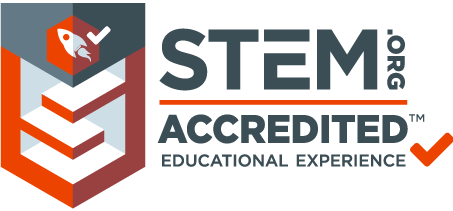Education: Kal-Aaj-Kal
History of Indian Education System
The history of Indian education has its roots in the ancient ages where they followed the Gurukul system – a system where the students resided in the house of their teacher until the teacher felt that the student has gathered all that he/she could. This system underwent a change during the Colonial era when the British set up schools that followed a curriculum confined to subjects such as Mathematics, Science etc. While the ancient system had more information to pass on to the future generations they also interacted with nature (concept based), the modern system was more classroom oriented (theoretical based).
Why is change required?
India’s global education ranking has slipped along with a series of scams faced by the Indian education sector, and this calls for an immediate need to bring reformation in our education system. A student in India is left with the options of choosing from Science, Humanities or Commerce when he/she completes the tenth grade. However, the trend shows that more and more students are opting to go abroad for further studies after completing their post-graduation.
Some of the reasons for the students to not choose to pursue further education in India are:
- Lack of top-quality programmes offered by Indian institutions.
- Poor quality of teaching methods.
- Teaching is not considered as a lucrative career option in India. Most of them end up in this career as they couldn’t find jobs elsewhere.
- Syllabus taught in most of the schools are theoretical based.
- Lack of state-of-art infrastructure / technology / teaching methods in the schools.
Reforms should begin with schools
School plays a vital role in shaping a student’s future – social and professional growth. Their knowledge is gauged through their score sheet. Schools in India need to focus on nurturing the children so that they can face the competitive world outside. Today most of the schools realise that theoretical teaching is the reason for the lack of comprehension among students as the instruction method does not provide sufficient scope for creative thinking, reasoning & problem solving ability. Focus should be on concept based/ skill-based education.
The STEM Learning – brings school-based STEM expertise and support to schools where resources are needed most and can be used in improving student’s knowledge.
“Give a man a fish and you feed him for a day, teach a man how to catch a fish and you feed him for a lifetime”

